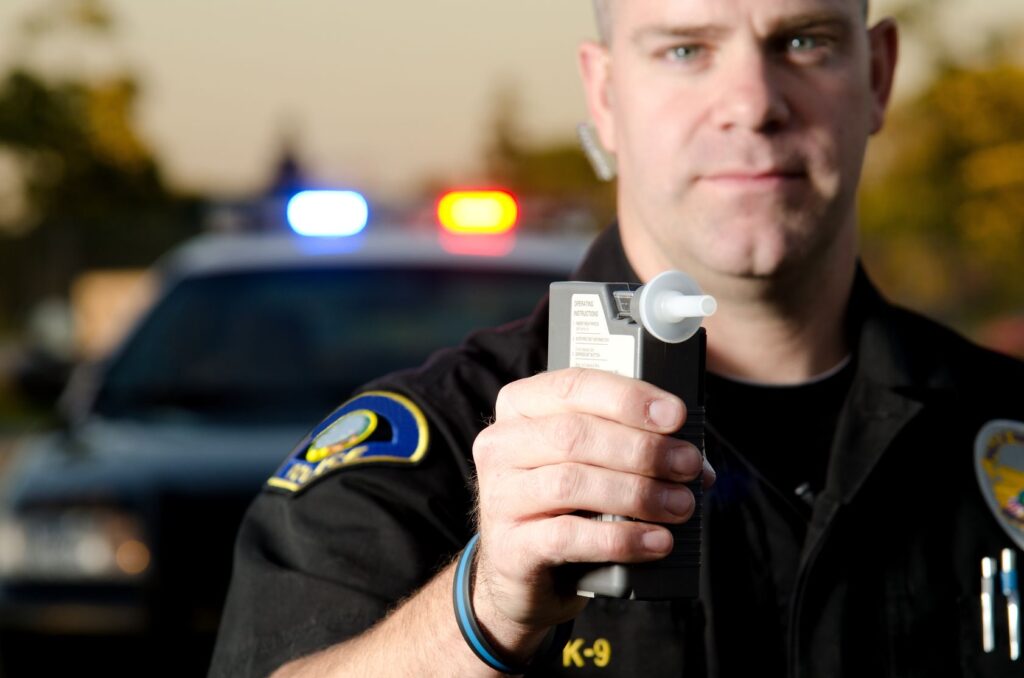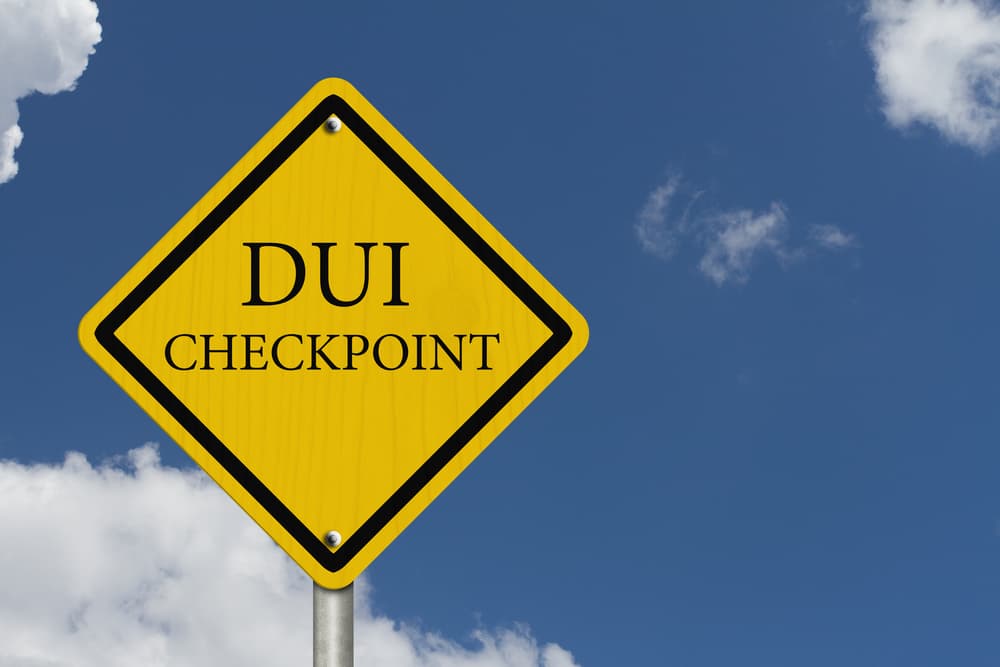Understanding Field Sobriety Tests in Texas
Field sobriety tests (FSTs) are assessments conducted by law enforcement to determine a driver's level of impairment due to alcohol or drugs. These tests typically include tasks such as the walk-and-turn, one-leg stand, and horizontal gaze nystagmus. Understanding how these tests are administered and what officers look for can help individuals better navigate the legal complexities of DUI charges.
In Texas, the results of field sobriety tests can significantly impact the outcome of a DUI case. For instance, failing these tests may lead to an arrest, while passing them can provide a strong defense against DUI charges. It's crucial for individuals to know their rights during these tests and to consult with a legal expert if they believe they have been unjustly charged.
Legal Consequences of DUI Charges in Texas
In Texas, DUI charges can lead to severe legal consequences, including hefty fines, license suspension, and even jail time. The severity of the penalties often depends on factors such as the driver's blood alcohol concentration (BAC), prior offenses, and whether any accidents occurred as a result of impaired driving. Understanding these consequences is vital for anyone facing DUI charges.
For example, first-time offenders may face fines up to $2,000 and a possible jail sentence of up to 180 days, while repeat offenders may encounter harsher penalties, including longer jail terms and higher fines. Additionally, a conviction can result in increased insurance rates and a permanent criminal record, making it essential to seek legal representation to navigate these challenges effectively.
Defending Against DUI Charges in Texas
Defending against DUI charges requires a comprehensive understanding of both the legal framework and the specific circumstances surrounding the case. Common defense strategies include challenging the validity of the traffic stop, questioning the accuracy of field sobriety tests, and presenting evidence of medical conditions that may have affected the individual's performance during these tests.
Moreover, hiring an experienced DUI attorney can significantly enhance the chances of a favorable outcome. A skilled lawyer can analyze the evidence, negotiate plea deals, and represent the defendant in court, ensuring that their rights are protected throughout the legal process. Each case is unique, and tailored defenses can make a substantial difference in the resolution of DUI charges.
Steps to Take After a DUI Arrest in Texas
After being arrested for DUI in Texas, it is crucial to take immediate and informed steps to protect your rights. First, individuals should remain calm and cooperative with law enforcement while asserting their rights to legal counsel. Contacting a DUI attorney as soon as possible can provide the necessary guidance through the complex legal landscape following an arrest.
Additionally, individuals should be aware of the deadlines for requesting a hearing to contest their license suspension, as failing to act promptly can result in automatic penalties. Gathering evidence, such as witness statements and any relevant documentation, can also be beneficial for building a strong defense. Taking these proactive steps can significantly impact the outcome of a DUI case and help mitigate the potential consequences.




